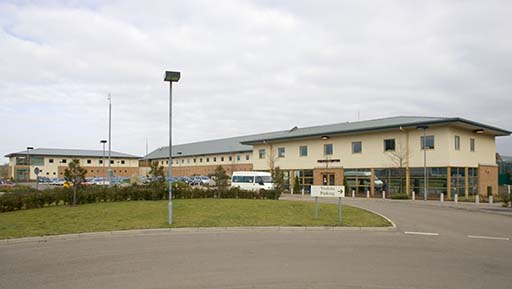8 Social work and unaccompanied asylum-seeking children and young people
Social services are responsible for children and young people seeking asylum who arrive in the UK unaccompanied or separated from their families. The support of unaccompanied asylum-seeking children and young people (UASC), or separated children, is the responsibility of local authorities under the Children (Scotland) Act 1995 and the Children Act 1989 (in England and Wales). (The term ‘separated’ is preferred by some organisations, as UASC may arrive in the UK with adults who are not their primary carers, or who exploit or abandon them.) These separated children will be entitled to the same range of services as any other ‘looked after’ child.
In England and Wales these young people are initially provided with support by a member of the Refugee Council’s Independent Unaccompanied Asylum Seeking Child Support Service (IUSS), charged with the specific task of providing support and advice for such children (who by virtue of being alone are vulnerable and ‘in need’). In Scotland, the Scottish Guardianship Service provides them with a guardian.
The majority of children that a social worker will meet in practice are children in need; today it is also likely that some of these children will be asylum seekers. Social workers can have a significant advocacy role in supporting the rights of children caught up in the asylum process.

A Refugee Council report (Dennis, 2012) found that children continue to be wrongfully detained because they were erroneously being classified as adults. Young people can often arrive seeking asylum without any documentation showing their age. The detention of children is open to challenge on human rights grounds; social workers are well placed to contribute to public awareness of the need to recognise and protect the rights of the child.
